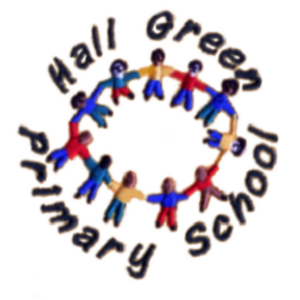Humanities
Intent:
Our Humanities curriculum has been custom-made to create a ‘knowledge-engaged approach.’ Aiming to strike a balance between the development of skills and knowledge to provide pupils with an enriched cultural capital to deepen their understanding.
In History, we teach pupils to research and investigate significant local and national past events, time periods or people to reflect how they have influenced or impacted our lives today. By doing this, pupils develop the skills of enquiry, analysis and interpretation and are provided with a contextual chronology to help them build up a view of personal and world history.
In Geography, we teach pupils to understand the world we live in by equipping them with knowledge about diverse places, people, and resources along with an understanding of the Earth’s key physical and human processes. We develop pupil skills to enable them to understand and ask questions about the world around them; to seek and investigate patterns to describe geographical similarities and differences (both physical and human); and to understand the causes and impacts of change.
We strongly believe that every young child should be exposed to numerous possibilities for careers, travel and experiences linked to each Humanities unit, so we endeavour to provide opportunities for this to occur by the interweaving of our curriculum driver in all sessions.
Implementation:
Our Humanities curriculum units have been mapped out across the academic year in blocked sessions, which run chronologically or seasonally where possible. All units ensure the National Curriculum objectives are covered over the course of primary education.
Sessions are planned and delivered using a SKU (Skills, Knowledge, and Understanding) approach.
- Skill-based milestones (Chris Quigley), which are progressively phased across the school.
- Knowledge, which is unit specific as well as logically and/or sequentially ordered.
- Understanding questions to allow children to review and showcase their comprehension of knowledge, skills or concepts taught in sessions.
Each unit is ended with the posing of a ‘Killer Question’- an overarching, open-ended question, where pupils can draw from the entire unit to answer to the best of their ability.
Impact:
Measuring the impact of our provision allows for regular re-adjustment to be made, where necessary, to ensure learning is continually pertinent and purposeful to our pupils. We measure impact through the use of ongoing teacher assessment by updating the skills tracking tool either weekly/ termly but even more so from evidence in books and regular pupil voice sessions. We regularly reflect and review our provision, taking feedback and national advice into consideration to plan next steps.
